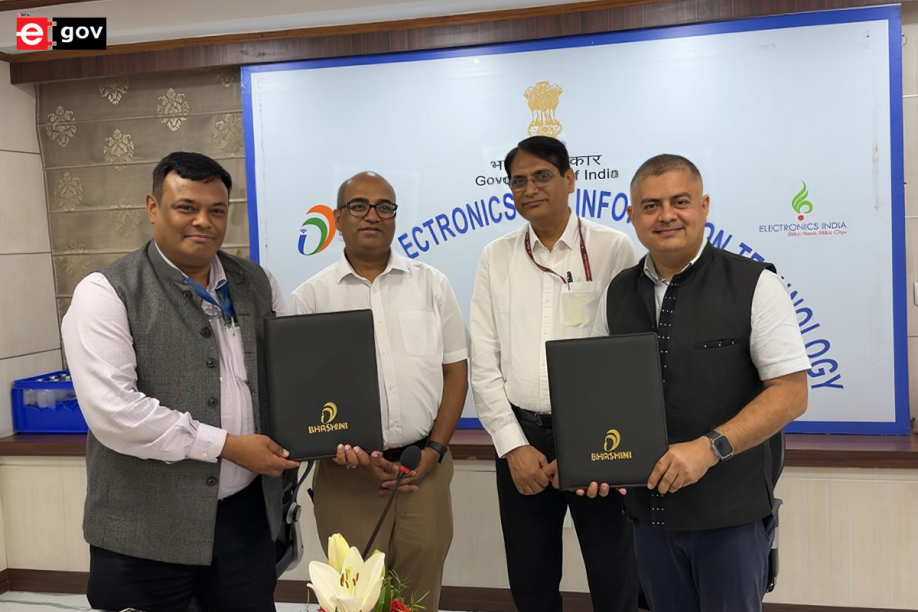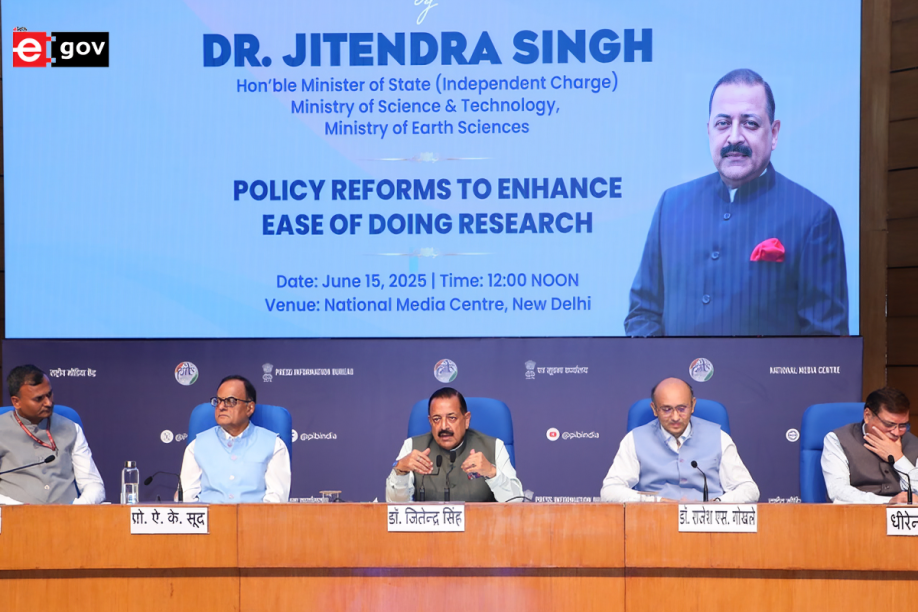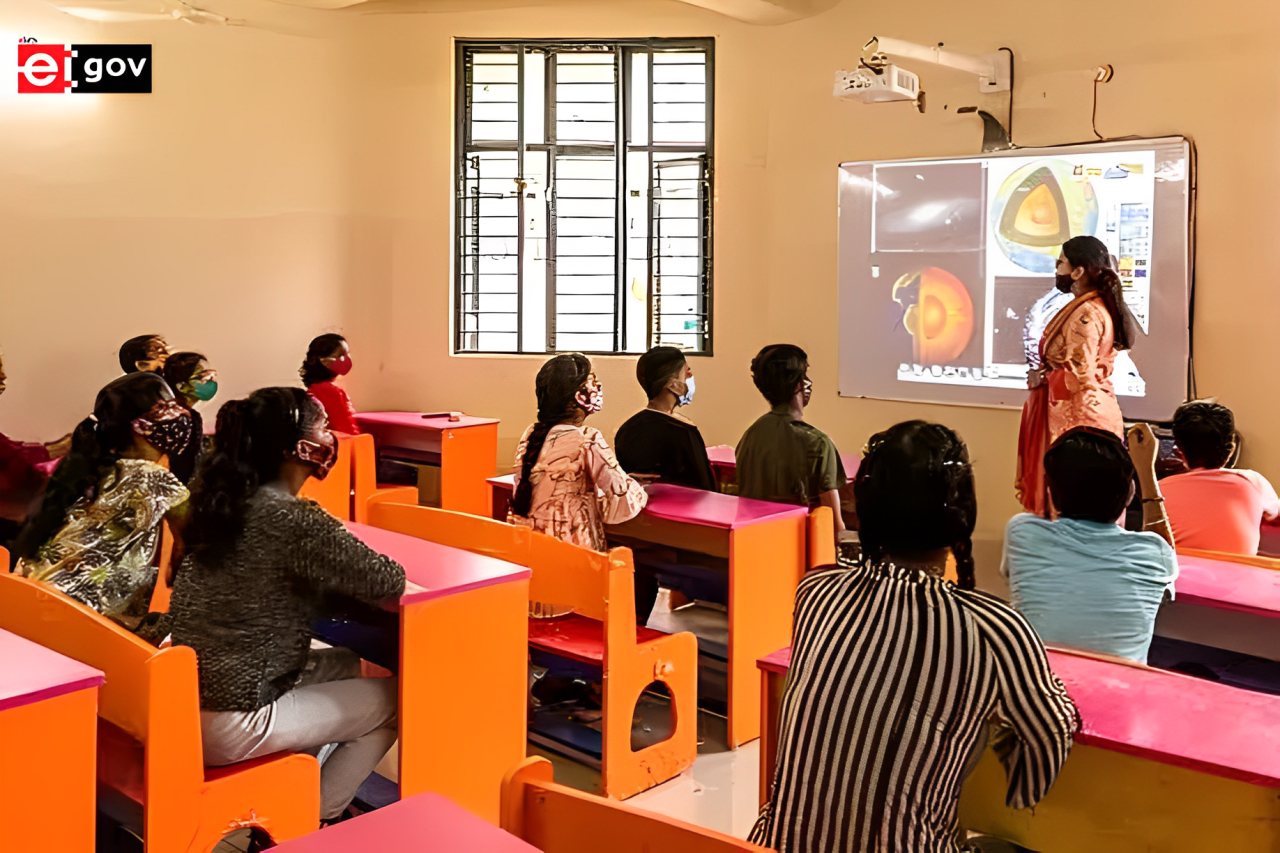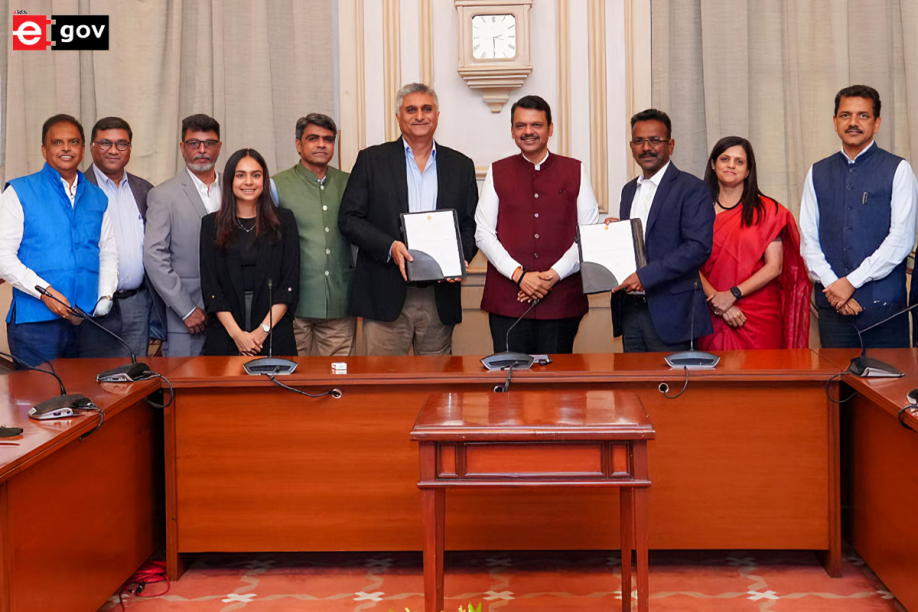
The Karnataka government is in the final stages of drafting its new industrial policy for the period 2024-2029, aimed at rejuvenating the state’s industrial sector, attracting large-scale investments, and promoting sustainable economic growth. As part of this initiative, the state is contemplating a series of incentives designed to promote job creation, support women’s employment, and incentivize industries to adopt sustainable practices. These measures are expected to play a pivotal role in the state’s vision of becoming a $1 trillion economy by the end of the decade.
The new industrial policy, which is likely to be unveiled ahead of the ‘Invest Karnataka’ summit scheduled for January-February 2024, seeks to move away from the traditional approach of offering industry-specific incentives. Instead, the policy will focus on broader, more inclusive stimuli that cater to regional development, employment generation, and environmental sustainability. This approach reflects a commitment to fostering a diversified industrial ecosystem across the state.

Chief Minister Siddaramaiah, in his recent budget address, highlighted that the new policy will place significant emphasis on location-specific incentives, production-linked benefits, and the generation of employment opportunities, particularly for women. Given the spatial constraints in Bengaluru Urban for industrial growth, the policy will also prioritize the development of Bengaluru Rural, creating opportunities for businesses to set up operations in less congested areas. This aligns with the government’s strategy to decongest urban areas while promoting balanced regional growth.

Key principles that will underpin the new incentive structure include the location of the investment, the potential for job creation, the inclusion of women in the workforce, and the adoption of sustainable industrial practices. These criteria will be the foundation upon which investors will be encouraged to establish or expand their operations in Karnataka. Government officials involved in the deliberations have emphasized that the more these principles are embraced by investors, the greater the incentives they will receive. Additionally, the policy seeks to boost the growth of micro and medium enterprises, particularly in industrially underdeveloped regions of Karnataka, by providing tailored incentives for investments up to Rs 1 crore.

One of the key strategies of the new industrial policy is to capitalize on Bengaluru’s established status as a global hub for research and development (R&D). Many multinational corporations (MNCs) have set up R&D centres in Bengaluru, but their production facilities are often located outside the state. To address this, the Karnataka government plans to introduce special incentives aimed at encouraging these companies to establish production or assembly units within the state. This approach is expected to enhance greater integration of R&D and manufacturing operations, providing a significant boost to the state’s industrial ecosystem. Furthermore, the government intends to apply similar incentives to support the growth of the startup ecosystem, encouraging startups to scale their operations within Karnataka.

The proposed industrial policy will also include various financial incentives to support industries. Among these is a capital subsidy ranging from 10% to 25% of the value of fixed assets (VFA) for capital-intensive industries. In addition, production-linked incentives of 1-2.5% of net turnover will be offered to industries with projects worth Rs 50 crore or more. Beyond these subsidies, the policy will introduce additional incentives based on specific criteria. For instance, companies will be eligible for 5-10% incentives based on the number of jobs created, 10-15% for higher women participation in the workforce, and an additional 5% for adopting sustainable practices in their operations.
To further encourage regional industrial development, the policy will offer differentiated incentives based on geographical location. Investors in Bengaluru Rural are expected to receive an incentive of up to 10% of the value of fixed assets, while those in Zone 2 districts (including Udupi, Mysuru, and Mandya) will receive incentives ranging from 15% to 20%. In Zone 3 districts (such as Kodagu and regions in North Karnataka), the incentive could be as high as 20-25%. This regional focus aims to balance industrial growth across Karnataka, ensuring that investment is spread out and not concentrated solely in Bengaluru Urban.
Also Read | Major Solar Projects by KREDL to Power Karnataka’s Energy Grid
A key aspect of the policy will be its focus on generating employment, particularly for women. The government aims to create approximately 20 lakh jobs by 2029, with a special emphasis on increasing women’s participation in the workforce. The policy is expected to offer incentives to industries that meet specific gender diversity targets. For example, businesses employing 50% of women in their workforce may receive an incentive of 5-7%, with this incentive increasing up to 15% for industries that employ as much as 70% of women.
Be a part of history! Express your interest and get featured in our exclusive souvenir, launching at the Bengaluru Tech Summit.
Be a part of Elets Collaborative Initiatives. Join Us for Upcoming Events and explore business opportunities. Like us on Facebook , connect with us on LinkedIn and follow us on Twitter, Instagram.
"Exciting news! Elets technomedia is now on WhatsApp Channels Subscribe today by clicking the link and stay updated with the latest insights!" Click here!













